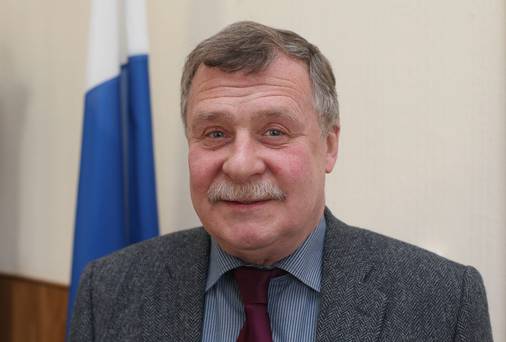 nt yesterday reported that the Russian authorities banned the import off supplies of offal from Irish factories in a major blow to the farming industry here.
nt yesterday reported that the Russian authorities banned the import off supplies of offal from Irish factories in a major blow to the farming industry here.Officials from the Department of Agriculture will now liaise with their Russian counterparts to have the ban lifted.
The sanction was imposed following a series of visits from Russian vets to 12 food processing facilities in Ireland.
Last night, the Russian embassy in Dublin moved to ease concern in Ireland about its ban on imports of offal. A spokesman for Russian ambassador Maxim Peshkov told the Irish Independent that authorities would work to ensure the ban was lifted "as soon as possible".
"I can assure you that Irish beef products have a prime place, a niche, in the Russian market," he said. "There is a mutual understanding between the Russian and Irish authorities as to why this decision was taken. We are working towards international standards."
In March, Ambassador Peshkov, below left, warned that Ireland would suffer economic consequences if it supported sanctions against the superpower over its actions in the Ukraine. However, the embassy has said that the ban on offal has "no connection" with the conflict.
"Nothing in this is political. A very careful and deep analysis of the offal was done in Russia. This ban has nothing whatsoever got to do with (the conflict)," according to the spokesman.
The Department of Agriculture has said it is still awaiting official confirmation of the Russian decision as well as the final reports on the audits.
Russia has become one of Ireland's more important trade partners outside of the EU and US. Farmers exported around €90m worth of meat products last year – including offal.
The reasons for the offal ban and imposition of restrictions on particular plants is still unclear.





